The Democratic Party will hold its presidential primaries and caucuses in 2024 as part of a series of electoral contests to choose the 3,770 delegates to the Democratic National Convention and the candidate for president of the United States in 2024 presidential election. The District of Columbia, all 50 states, as well as five American territories will all host the elections. Party leaders and elected officials will be among the 760 additional unpledged delegates, sometimes known as “superdelegates,” who will be chosen by the party leadership outside of the primary election process. The party platform and vice-presidential candidate will also be approved at the convention.
Joe Biden
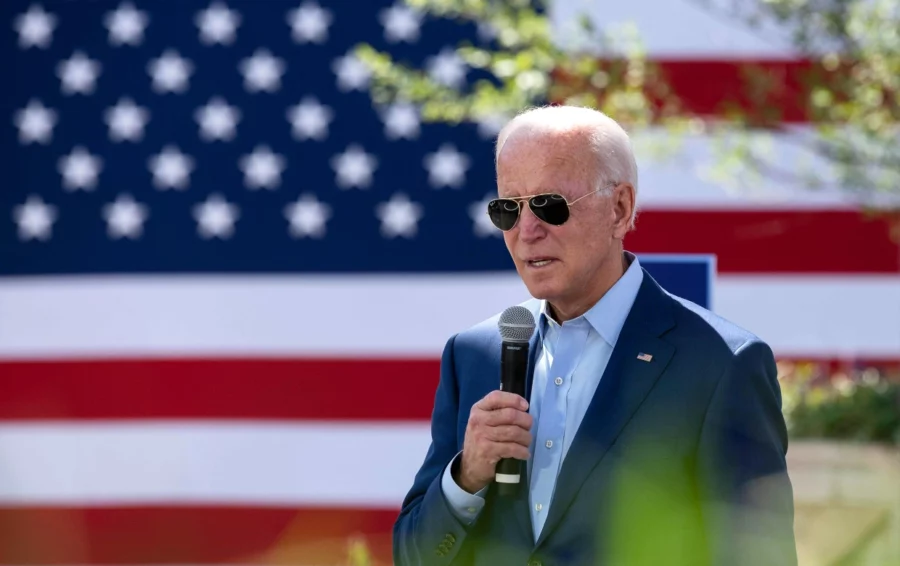 Having said all of the foregoing, a president’s situation is frequently at its worst during a midterm election year. Additionally, Biden must deal with both inflation and a pandemic. When the midterm elections in 2022 come around, will those characteristics start to fade? The situation may be very different. Biden may even benefit politically if Republicans gain some control of Congress, which seems inevitable, as he’ll have someone to run against (even apart from Donald Trump). However, our main concern is whether he’ll make history by running for president at the age of 80.
Having said all of the foregoing, a president’s situation is frequently at its worst during a midterm election year. Additionally, Biden must deal with both inflation and a pandemic. When the midterm elections in 2022 come around, will those characteristics start to fade? The situation may be very different. Biden may even benefit politically if Republicans gain some control of Congress, which seems inevitable, as he’ll have someone to run against (even apart from Donald Trump). However, our main concern is whether he’ll make history by running for president at the age of 80.
Pete Buttigieg
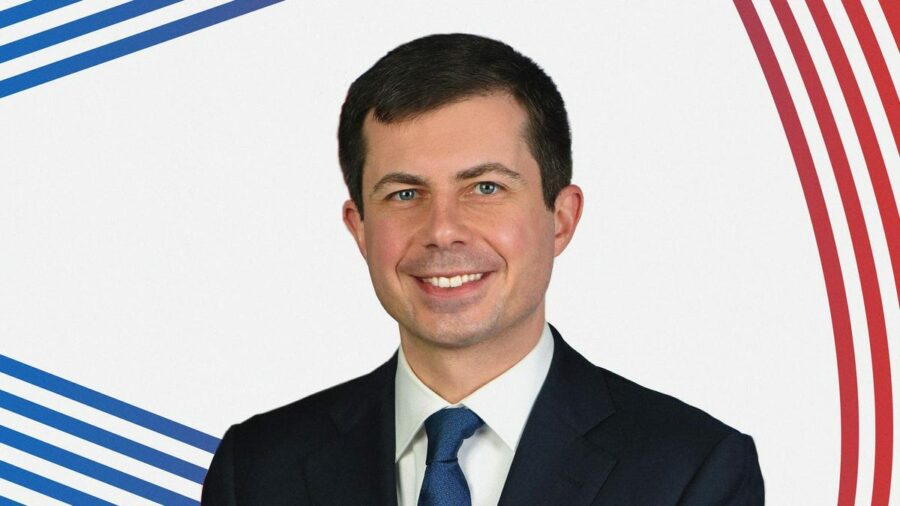
The transportation secretary moves ahead of Harris, but not with any great conviction on our part. He ran a good campaign in 2020 — we’ll repeat that he was very close to winning the first two contests — and would enter 2024 with more heft as a Cabinet secretary. Mostly, we’d expect a Biden-less race to be one of the most wide-open contests in recent memory. To the extent people don’t want Biden or Harris, he’s next in line just in terms of sheer plausibility.
Kamala Harris
This time, Harris is being demoted one slot. Although serving as vice president is undoubtedly a good starting point, Harris hasn’t shown that she has utilized her position well. Her percentages are comparable to those of Biden, and she hasn’t done much to alter the negative impressions that hurt her 2020 campaign, especially those about her ability to effectively communicate. In addition, she has no intention of challenging Biden if he decides to run (while others might have seen wiggle room on that). The good news is that Biden has agreed to have her as his running partner once more.
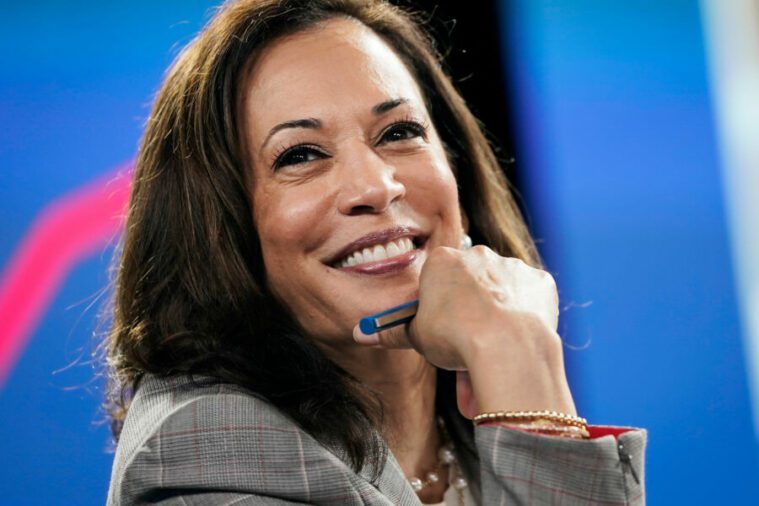
Warren, Elizabeth Biden will allegedly be challenged by a leftist in 2024, according to Sanders’ team. But exactly for whom would that faction of the party stand? Top Sanders advisers, according to a recent Politico report, have taken an active role in shaping the 2024 field, but by supporting Khanna rather than Warren. Despite frequently working together in the Senate, Sanders and Warren’s presidential campaigns in 2020 turned out to be somewhat contentious. Additionally, the Massachusetts senator has declared that she will run for reelection in 2024.
Amy Klobuchar
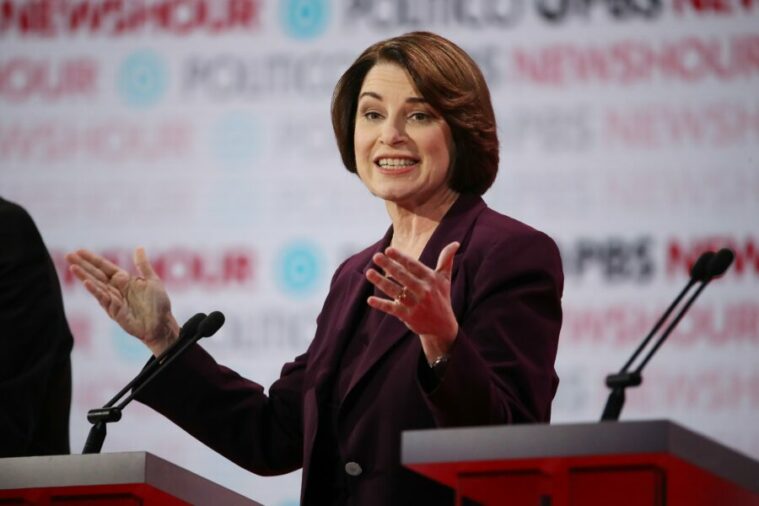
Just as some of these other candidates might benefit from a Sanders-free election, the Minnesota senator, Amy Klobuchar, appears to gain from a Biden-free contest. How much, though? She performed poorly in Iowa before Biden really got things going, and her highest point in 2020 was 20 percent in New Hampshire.
Roy Cooper
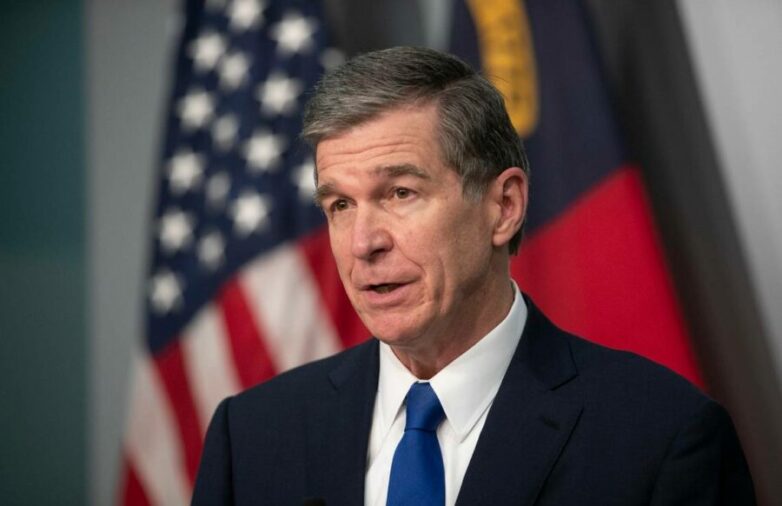
He might be the front-runner who receives the least attention. That’s a combination of his position as governor and Cooper’s personality. The North Carolinian ticks a lot of boxes if it’s a “just win baby” kind of race, and Democrats want a Biden-style candidate (but not Biden himself). He is a repeat winner in a difficult state that Democrats would love to make a national headline for, like Brown.
Sen. Sherrod Brown
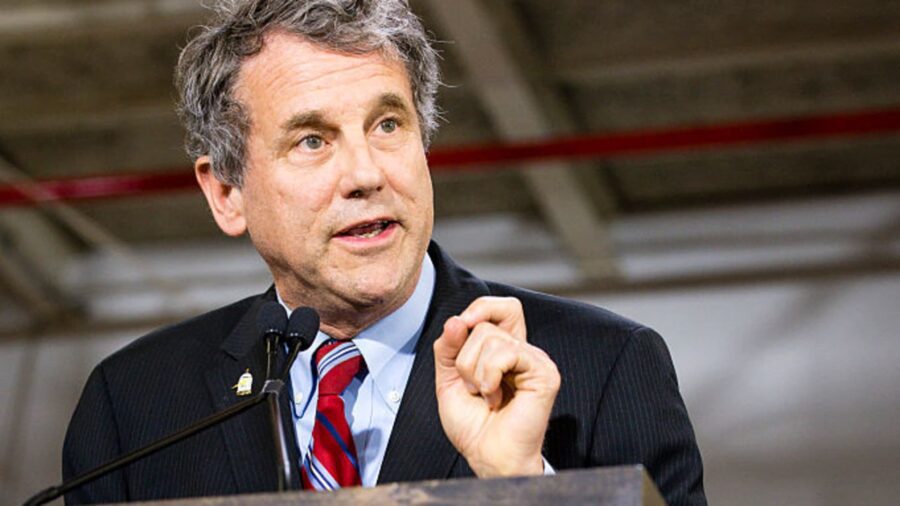
The senator from Ohio unexpectedly withdrawing from the race may have been the biggest surprise of the early 2020 Democratic primary cycle. He felt he wasn’t as committed to running as other Democrats, and it’s probable it won’t have changed in 2024, which contributed to his decision. However, with Sanders gone, there might be more room for his populist brand of politics. And you can bet that Brown would be at the top of the list for many establishment Democrats. One significant complication is that he is up for reelection in 2024 and may not be able to rely on running in the red-trending state of Ohio.
Cory Booker
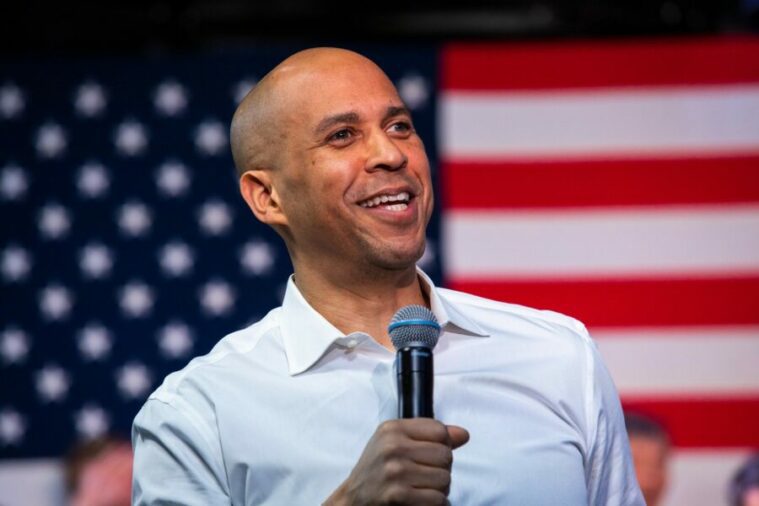
A senator from New Jersey, was one of the most visible figures in the Democrats’ campaign to confirm Ketanji Brown Jackson to the Supreme Court. He made some moving remarks about how important the occasion was. Although Booker’s 2020 campaign came nowhere close to fulfilling the potential of his early political career, he is still only 52 years old and has one more chance to make an impression on the country.
Gavin Newsom
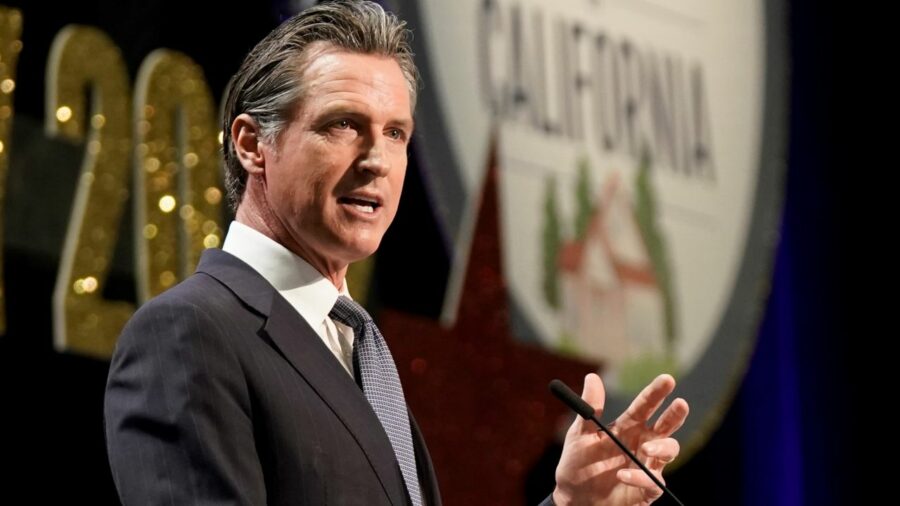
California political observers have observed that the governor seems to have entered current national political debates more frequently. This Thursday, Eric Ting of SFGate said, “It’s brutally evident Newsom intends to run for president one day.” It’s less clear how that might actually happen. In a closely watched recall election last year, Newsom came out on top, but it’s unclear how he’d fare with voters outside of the Golden State. Despite probably being a little more moderate than some people know, Newsom literally oozes “West Coast liberal.”
Alexandria Ocasio-Cortez
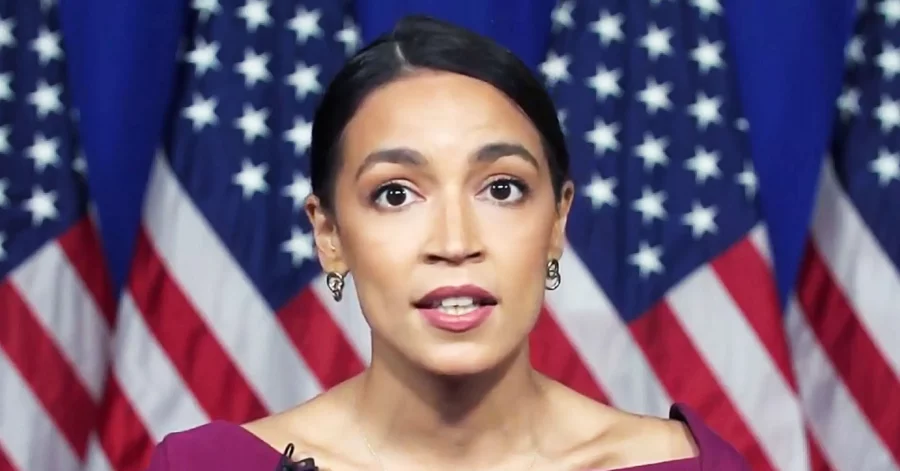
The 32-year-old congresswoman’s more obvious course of action would be to wait for the ideal moment to run for Senate. She decided not to run in the primary this year against Senate Majority Leader Charles E. Schumer (D-NY), but she would have a strong chance in 2024 against Sen. Kirsten Gillibrand (D-NY). She might also run for a higher position; in that YouGov poll, she received 6% of the vote. She doesn’t appear to be making the same moves as the other candidates on our list, but she would already have support, and this time, with Sanders having declared he’s out, the progressive lane will be much more open.
Is Joe Biden not running in the Presidential Election of 2024?
Only 21% of those who lean Democratic indicated Joe Biden, the current Democratic president, was their choice. Biden hasn’t even been quite clear about running again, which would appear to give others the go-ahead. But it’s becoming more and more important to take into account the prospect that, even if he runs, he could not be the most likely nominee. Ocasio-Cortez, Alexandria The 32-year-old congresswoman’s more obvious course of action would be to wait for the ideal moment to run for Senate. She would already have a support base, and this time, the progressive lane will be much more open, thanks to Sanders’ declaration that he is almost certainly out.
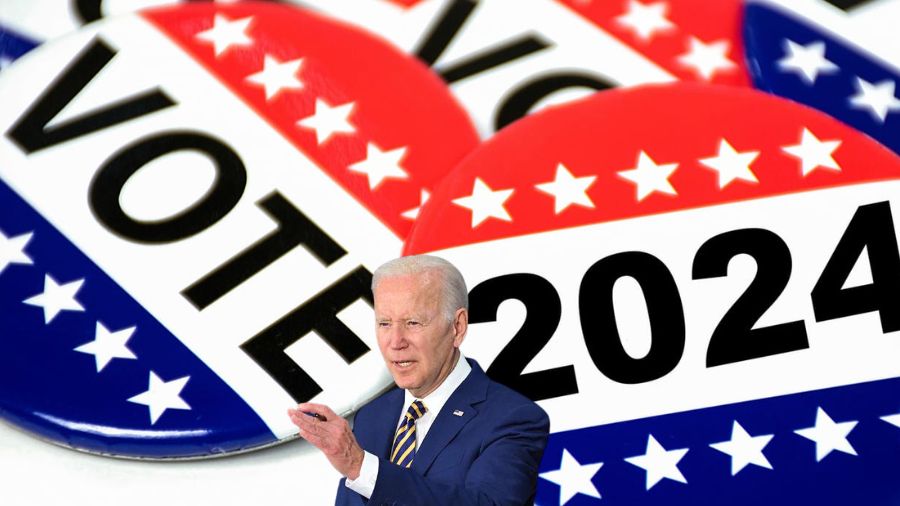
The popularity of California Governor Gavin Newsom to voters outside of the state is a significant unknown. Although Sherrod Brown decided not to run, there may be more room for his populist brand of politics. Roy Cooper fulfills many criteria: Roy Cooper is a repeat winner in a difficult state that Democrats would love to make a name for themselves in if it’s a just-win-baby type of election, and Democrats desire a Biden-style candidate (though not Biden).
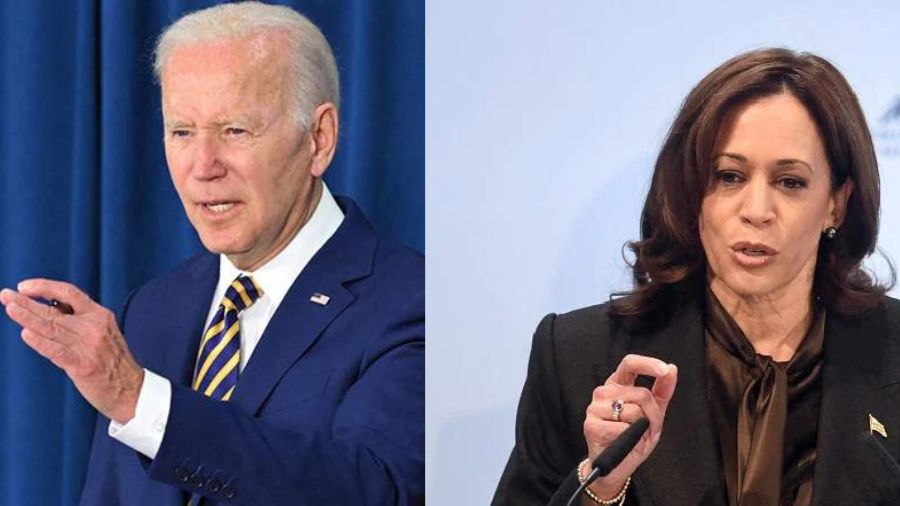 Although Kamala D. Harris is a wonderful launchpad, it’s not at all obvious that Harris has used it effectively. How much would Amy Klobuchar gain from a race without Joe Biden? Her New Hampshire high-water mark in 2020 was 20%. Harris is moved ahead by the transportation secretary, but not with much conviction on our part. Without Biden, we anticipate this election to be one of the closest in recent memory. Just wondering whether he’ll try to become the first-ever presidential nominee who is beyond 80.
Although Kamala D. Harris is a wonderful launchpad, it’s not at all obvious that Harris has used it effectively. How much would Amy Klobuchar gain from a race without Joe Biden? Her New Hampshire high-water mark in 2020 was 20%. Harris is moved ahead by the transportation secretary, but not with much conviction on our part. Without Biden, we anticipate this election to be one of the closest in recent memory. Just wondering whether he’ll try to become the first-ever presidential nominee who is beyond 80.
Table of Contents





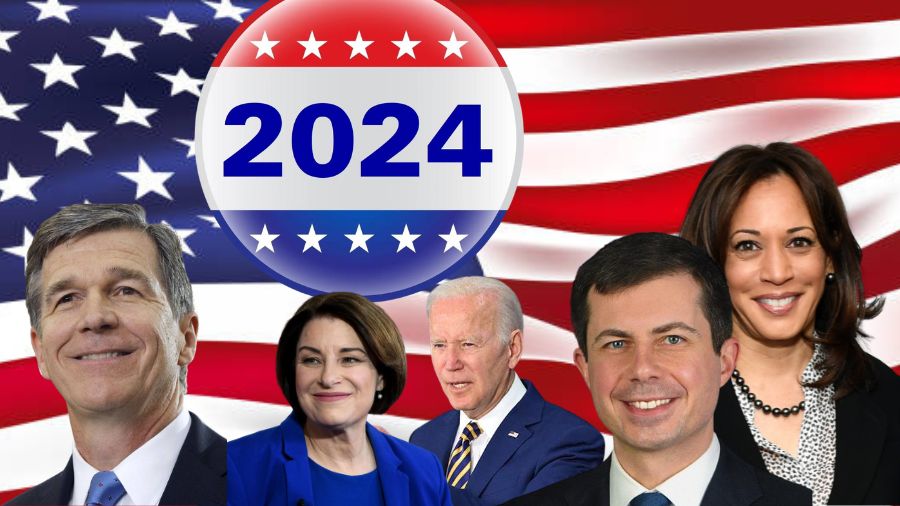

Add Comment